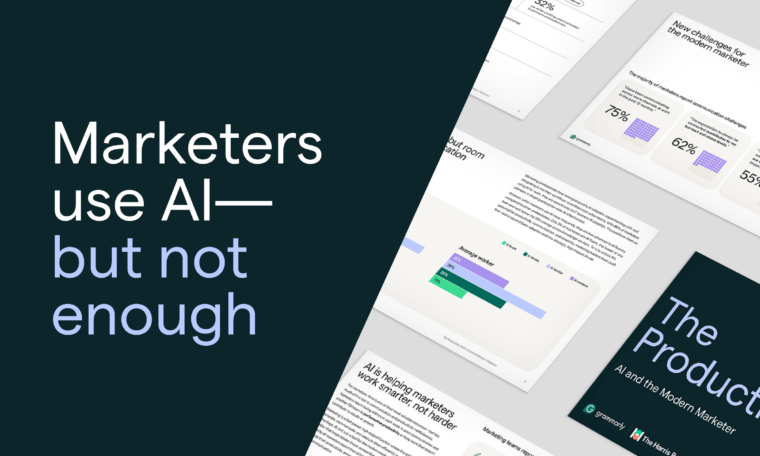
Navigating the proliferation of AI tools available today can be daunting for higher education institutions. Selecting the right AI solution requires a thorough evaluation of both the technology and the vendor to ensure it aligns with your institution’s academic and administrative goals.
To assist you in making an informed decision and finding the ideal AI partner for your university or college, we have compiled 24 essential questions to ask any AI vendor before making a purchase.
Core Capabilities
Begin by identifying the core functionalities you seek from an AI vendor. This will help you determine whether the AI tool aligns with your institution’s specific academic and administrative use cases.
1. What specific higher education use cases does your AI solution address?
2. Can your generative AI models be trained or fine-tuned with our institution’s proprietary data (e.g., research data, student information) to provide contextually relevant insights?
3. How customizable and scalable is your solution to meet the diverse needs of our various departments and campuses?
User Experience
Understanding the ease of use is crucial, especially since faculty, administrative staff, and students may have varying levels of technical proficiency. Ensure the AI solution is intuitive and accessible across different user groups.
4. How user-friendly is your AI solution for non-technical faculty and administrative staff?
5. What is the expected ramp-up time for our staff and faculty to effectively use your solution?
6. Do you provide a demo or trial period for us to evaluate the solution within our academic environment?
Technical Deployment
Implementing AI technology in an educational setting involves integration with existing systems and ensuring minimal disruption. Your IT team needs detailed information to facilitate a smooth deployment.
7. What are the hardware and software requirements for implementing your solution within our institution?
8. How easily can your solution integrate with our existing educational platforms (e.g., Learning Management Systems, Student Information Systems)?
9. What is the typical timeline for integrating your AI system into our current infrastructure?
Data Handling and Security
Protecting sensitive student data and research information is paramount. Ensure the AI vendor adheres to stringent data privacy and security standards relevant to educational institutions.
10. What is your approach to model training, retraining, and maintenance, particularly concerning our institution’s data?
11. How do you handle and store data used for training your AI models, especially sensitive student and research data?
12. What are your data retention policies for data we provide or generate using your AI solution?
13. What measures are in place to ensure the confidentiality and security of our data, particularly in compliance with regulations like FERPA?
Responsible AI
Promote ethical AI usage by partnering with vendors committed to transparency and fairness. Ensure that the AI solution enhances educational outcomes without introducing biases or ethical concerns.
14. How transparent and explainable are your AI models, especially in decision-making processes that affect students and faculty?
15. How do you ensure that your AI solution adheres to ethical guidelines and avoids biases or inaccuracies in educational contexts?
16. What measures are in place to prevent the generation of harmful or inappropriate content within our academic environment?
17. What legal considerations and compliance standards does your AI solution adhere to, such as FERPA, GDPR (if applicable), and other relevant educational regulations?
Customer Support
Robust support is essential for effective implementation and ongoing use of the AI solution. Ensure the vendor provides comprehensive support tailored to the needs of educational institutions.
18. Do you offer ongoing support, training, and access to experts to help us maximize the value of your technology within our institution?
19. Do you provide documentation and resources specifically designed for educational settings, including troubleshooting and best practices?
20. How can we provide feedback on issues or suggest improvements tailored to our academic environment?
Costs and ROI
Understanding the financial aspects helps in budgeting and justifying the investment. Evaluate the pricing model and potential return on investment specific to educational outcomes and administrative efficiencies.
21. What is your pricing model, and are there any additional costs associated with implementation or scaling within our institution?
22. Can you provide a clear ROI estimate based on our specific academic and administrative use cases?
23. How can we measure the impact and effectiveness of your AI solution on our educational outcomes and operational efficiencies?
24. Can you provide case studies or testimonials from other higher education institutions that demonstrate the ROI and benefits of your solution?
Final Thoughts
Selecting the right AI vendor is a critical decision that can significantly impact your institution’s academic and administrative effectiveness. By evaluating vendors through these key questions, you can make a well-informed investment and select the best AI solution tailored to the unique needs of your higher education institution.
Want to learn how Grammarly stacks up? Download this cheat sheet to evaluate Grammarly’s responsible AI writing assistance for your institution.






